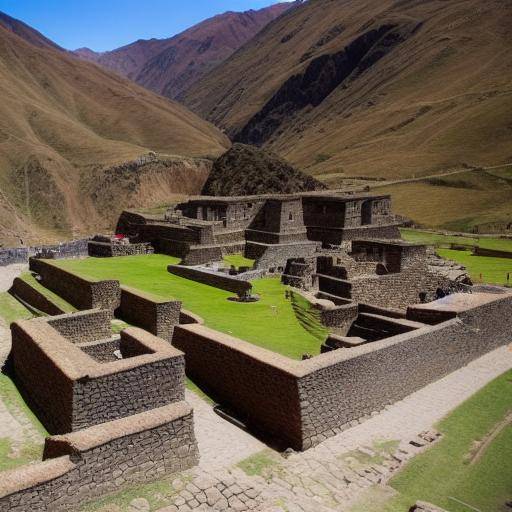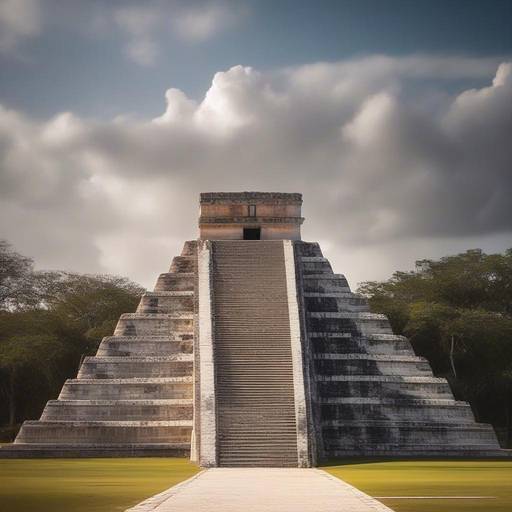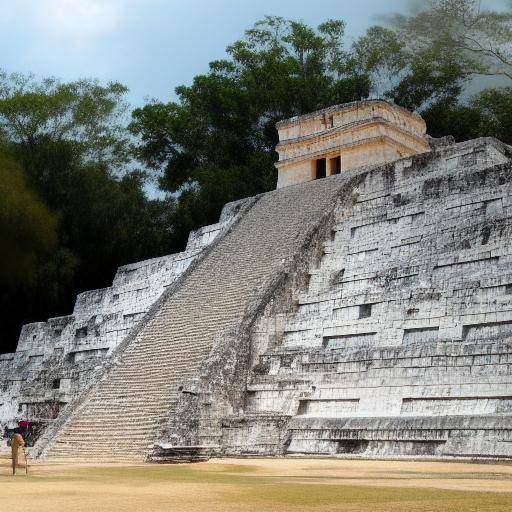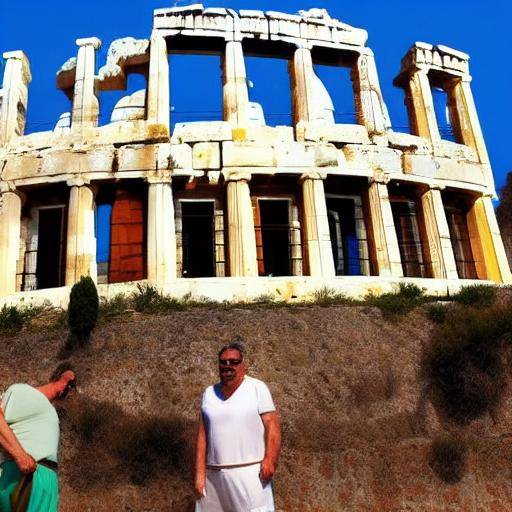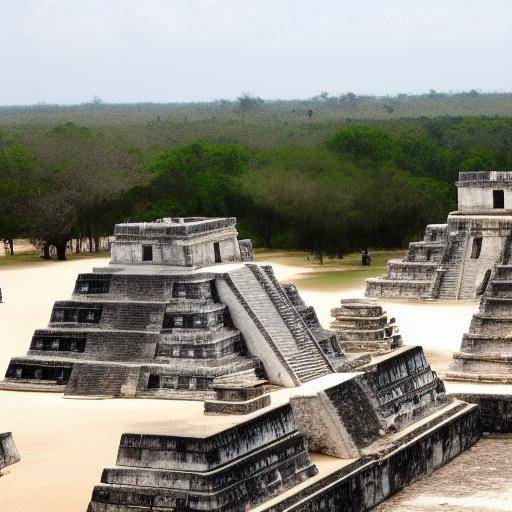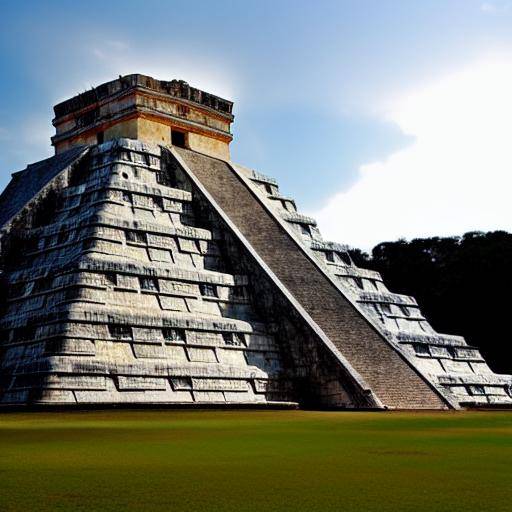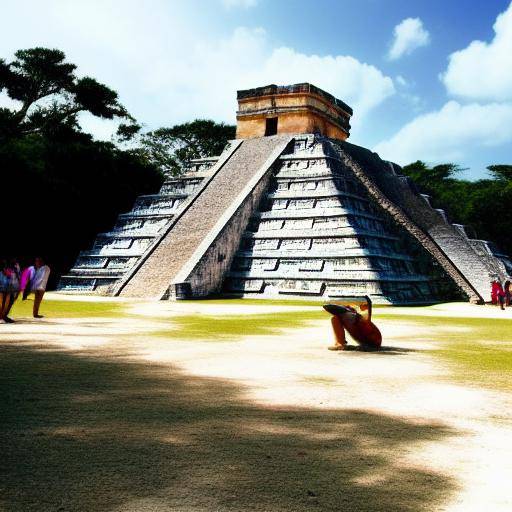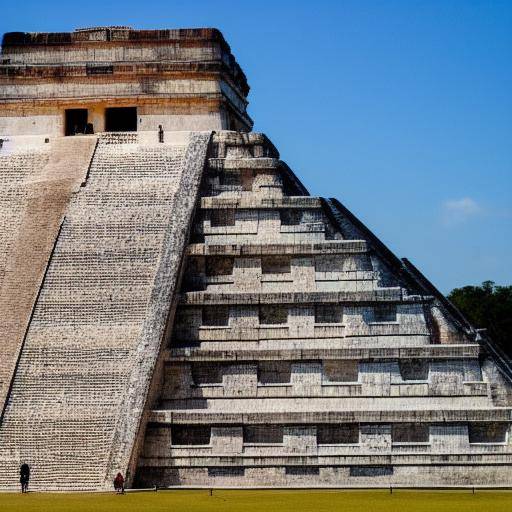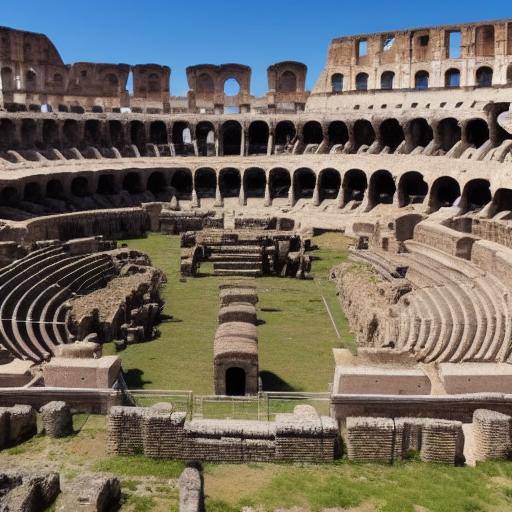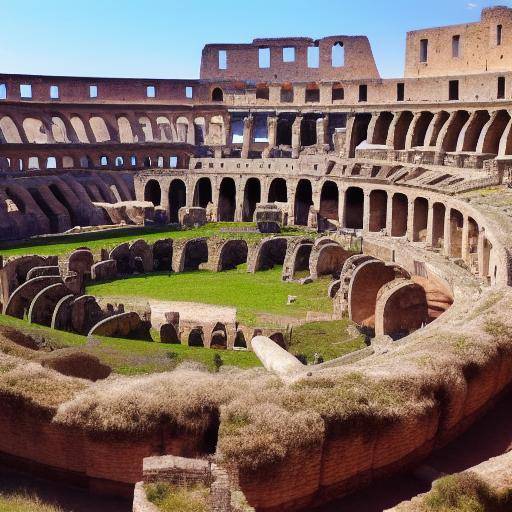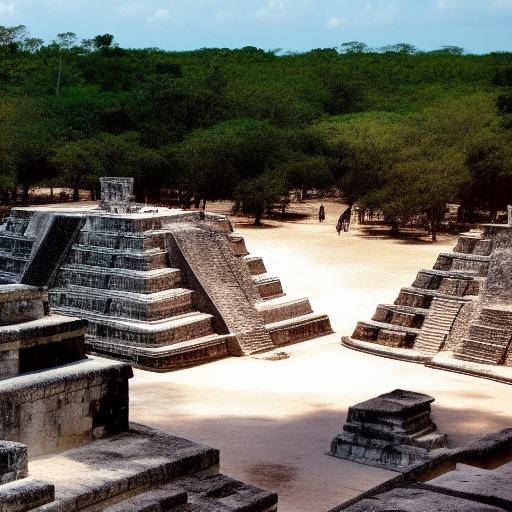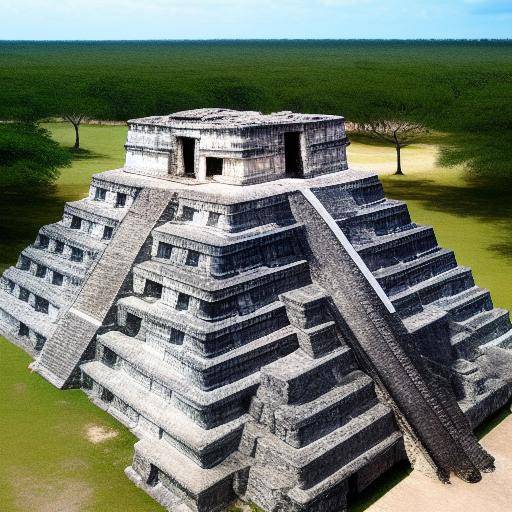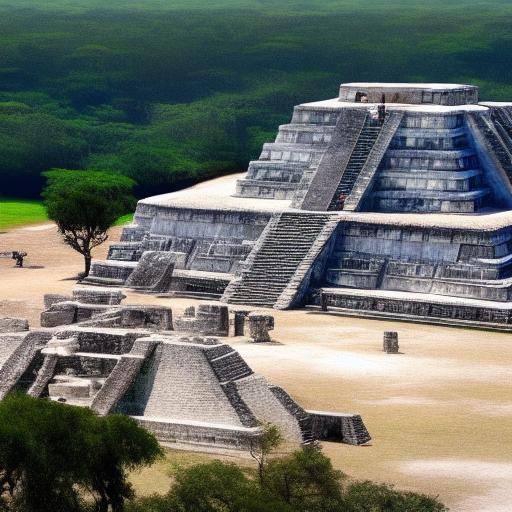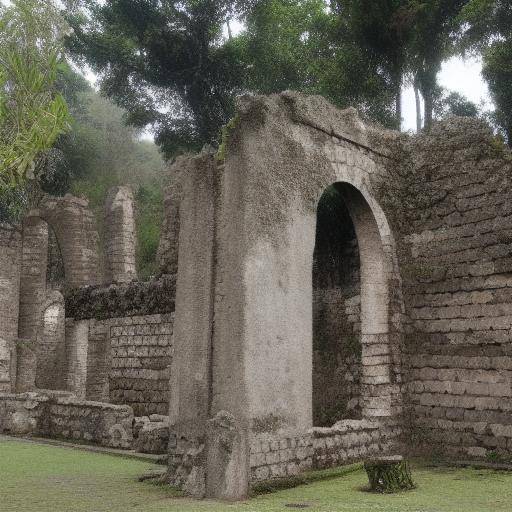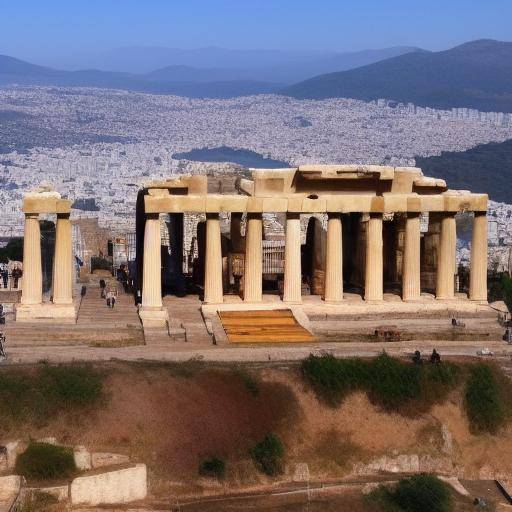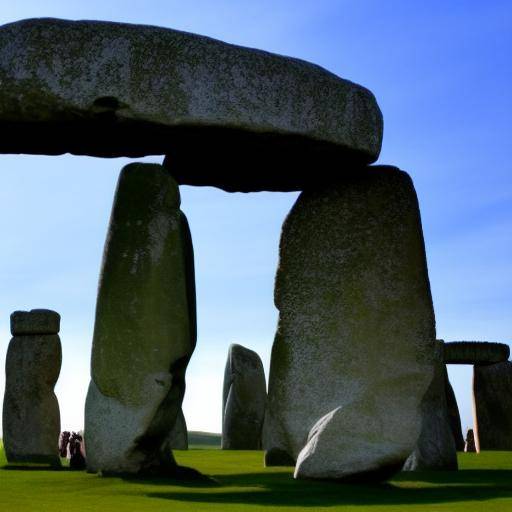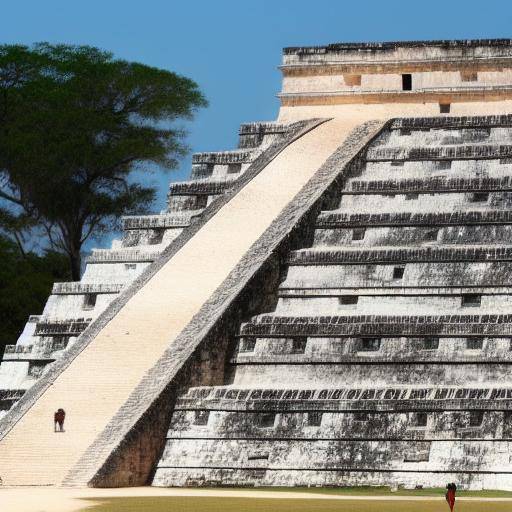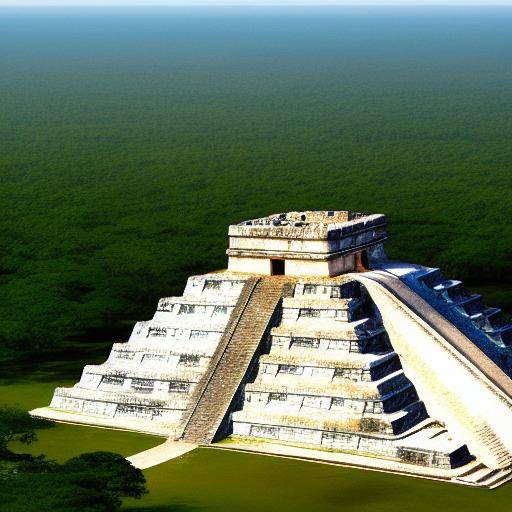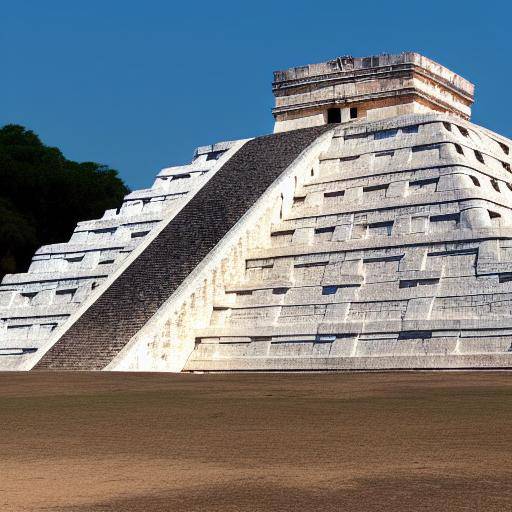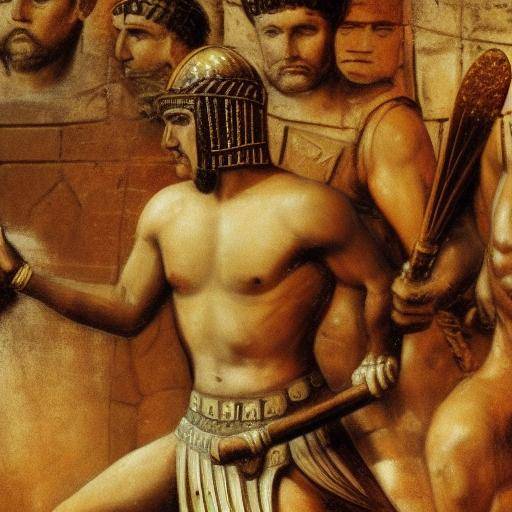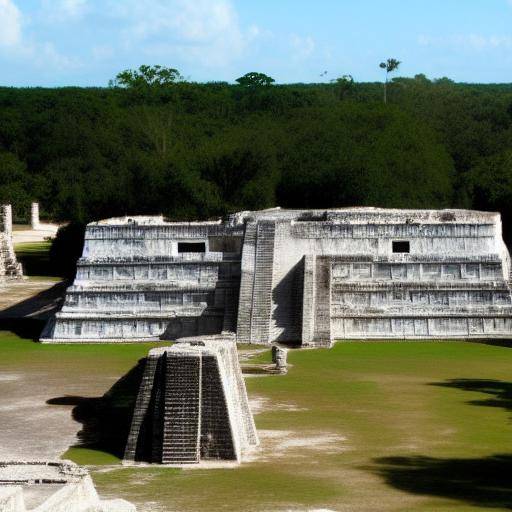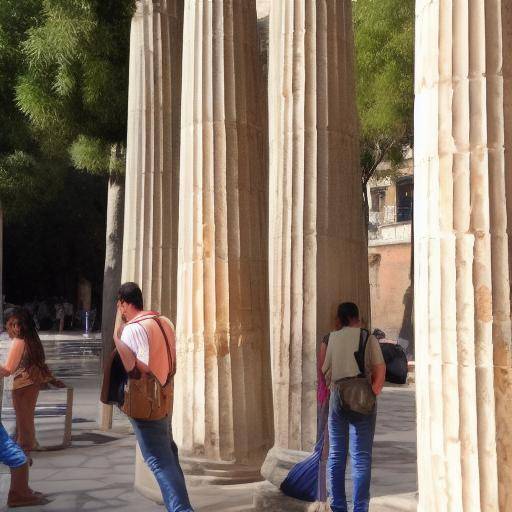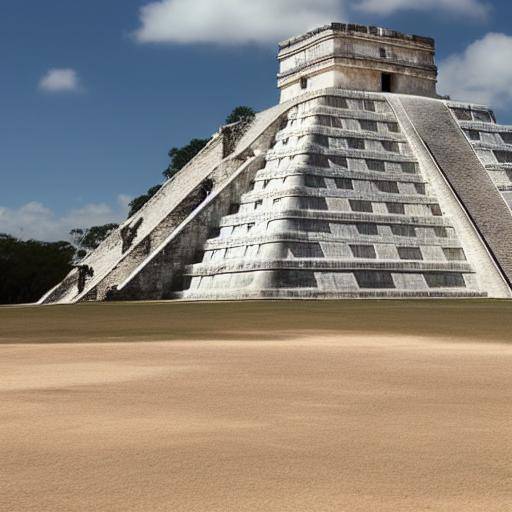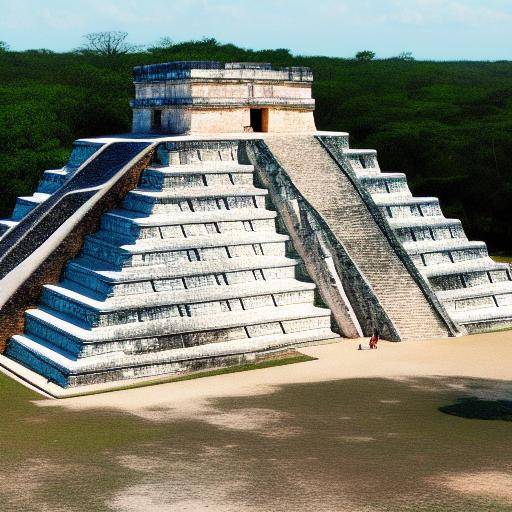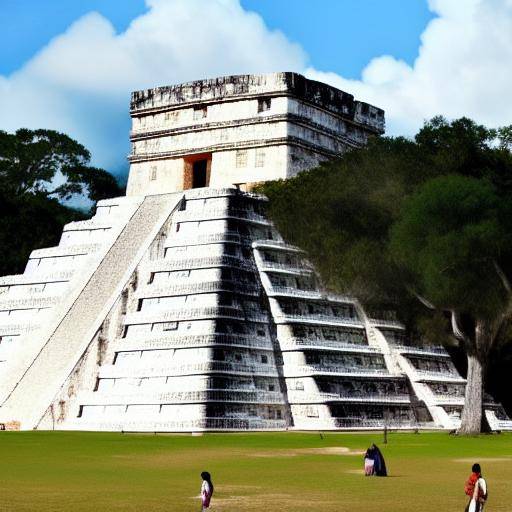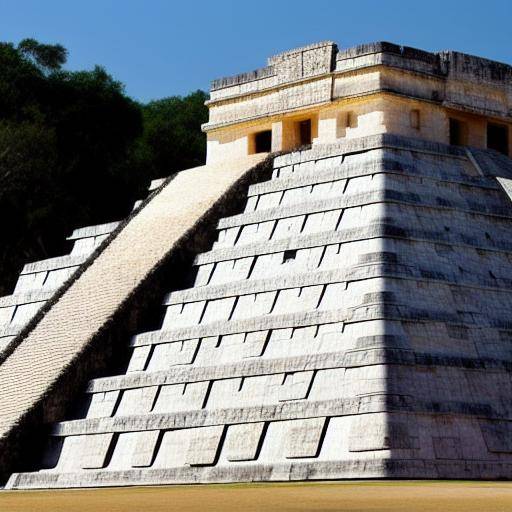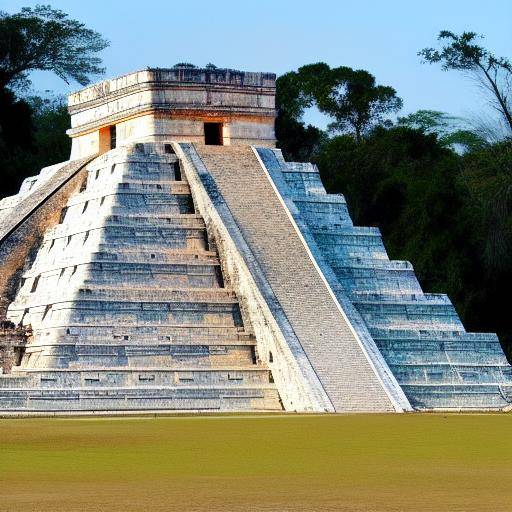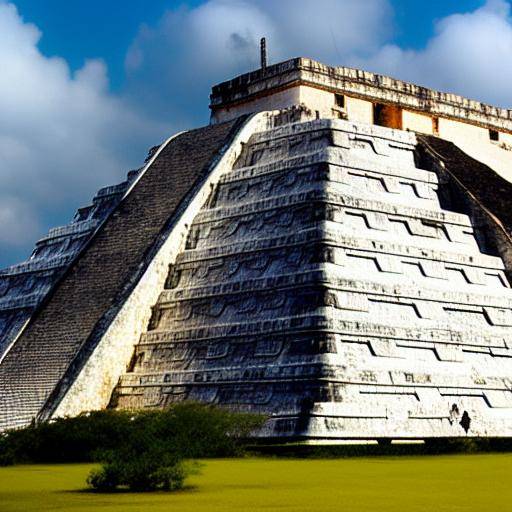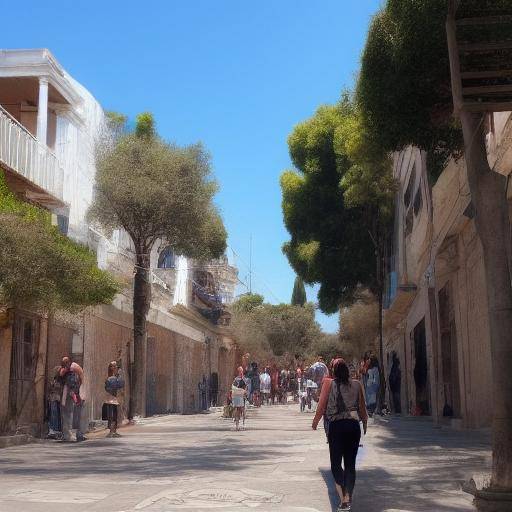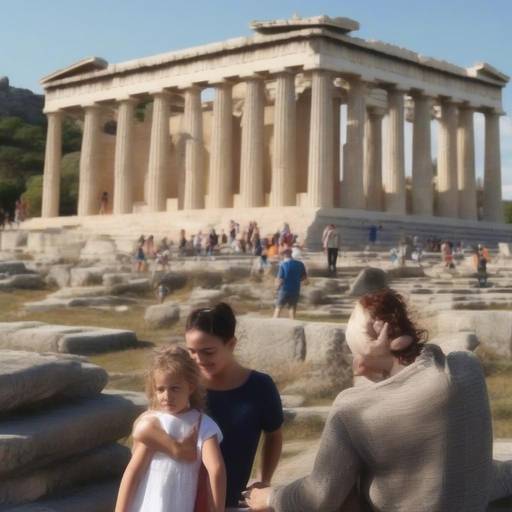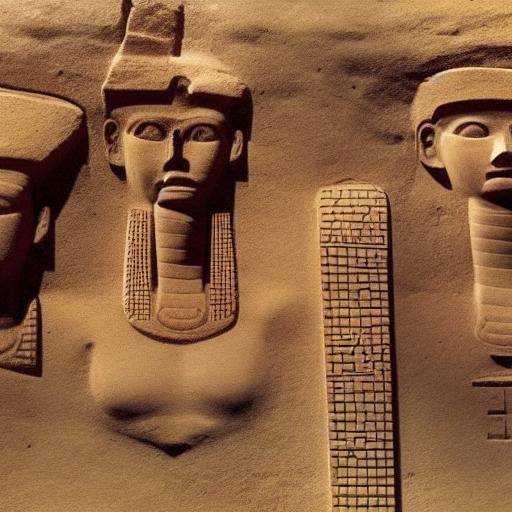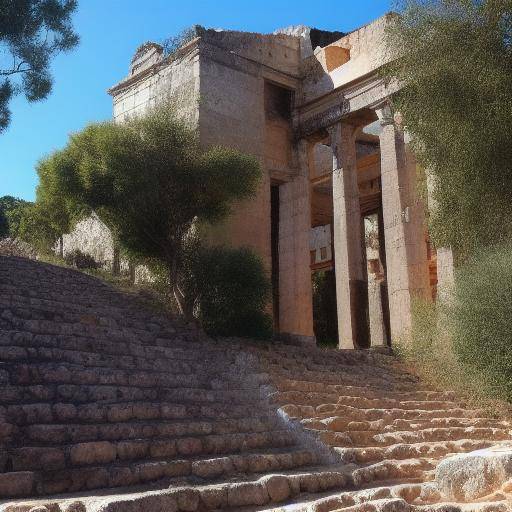
Are you ready to discover the rich ancient history of Athens through its fascinating ruins? Welcome to our step by step guide that will take you to an exciting journey through time! In this article, you will explore the greatness of ancient Athens, plunging into its archaeological ruins and unraveling the mysteries of its ancient history. From the Parthenon to the Agora, get ready to embark on an adventure that will transport you to the splendour of the past.
Introduction: Discovering Athens, the Cradle of Civilization
The mere name of Athens evokes images of majestic columns, imposing temples and the cradle of democracy. As a cradle of Western civilization, Athens has left an indelible mark on the history and cultural legacy of the world. Through its ruins, we can glimpse the greatness and evolution of a society that has profoundly influenced the way we conceived art, politics, philosophy and architecture.
In this step-by-step guide, you will enter the ruins of Athens to better understand its history, its myths and its lasting legacy. From the remains of the Acropolis to the ruins of the ancient agora, every step that you take will not only transport you in time, but will also immerse you in the cultural heart of this eternal city.
History and Background: Athens along the Ages
The legacy of Athens dates back to the dawn of civilization. From its foundation to its time of splendor during the Golden Age, the history of Athens is marked by its political, cultural and philosophical influence. Democracy, classical theatre, the philosophy of Socrates and Plato, all flourished under the radiance of the city of Athens.
Exploring your ruins allows you to appreciate the magnificence of these achievements and understand how everyday life, politics and religion intertwined in the fabric of ancient Athens. From the Parthenon, a temple dedicated to the goddess Athena, to the statues that adorned the streets, the ruins tell us of a powerful civilization that left an indelible mark in history.
Analysis in Deep: Athens in News
Although the ruins transport us to the past, Athens is a living city that remains relevant today. The influence of its ancient history is reflected in its architecture, art and social life. In modern Athens, the footprints of the past coexist with the vitality of the present, creating a unique cultural landscape that deserves to be explored.
As we enter contemporary Athens, we can appreciate how the richness of its historical legacy is intertwined with modern life. From the museums that host ancient treasures to the traditions that last from time immemorial, this city remains a beacon of culture and knowledge.
Integral Examination: Emblematic Ruins and Their Meaning
Every ruin in Athens tells a unique story. Whether it is the majestic Partenón, the imposing Temple of Zeus Olympic or the ancient agora, each structure reveals different aspects of life in ancient Athens. By exploring every ruin, you will have the opportunity to immerse yourself in everyday life, religious beliefs and art that defined this civilization.
In addition, understanding the meaning of these ruins within the broader historical and cultural context will allow you to appreciate the depth of your legacy. The symbolism, architectural design and the stories surrounding every ruin will transport you to a lost world that continues to resonate in the present.
Comparative Analysis: Athens, Ruins and its Legacy in Ancient History
By comparing the ruins of Athens with other ancient civilizations, there is a fascinating landscape of similarities and contrasts. The greatness of the structures, the sophistication of the art and the complexity of the Athenian society are intertwined with the traces left by other ancient civilizations. Understanding these connections allows you to appreciate the universality of human experience throughout history.
Also, by exploring the ruins of Athens in the context of ancient history, we can appreciate the interconnection between different civilizations and how cultural and commercial exchanges shaped the global panorama of the time. From Egypt to Rome, the influences were interwoven with a cultural upholstery that we can still perceive in the ruins that today rise in Athens.
Practical Tips and Useful Recommendations: Preparing for Your Journey to the Ruins
If you are planning to explore the ruins of Athens, it is important to prepare you properly to make the most of this unique experience. From advice for visiting archaeological sites to recommendations on where to find the best information, this section will give you everything you need to make your trip an unforgettable experience.
- Investigate on visiting schedules and regulations of each archaeological site.
- Use a tour guide that can provide detailed information about the ruins.
- It wears comfortable footwear and sun protection, as some areas may require extensive walks and be exposed to the sun.
- Be sure to respect the rules and regulations of archaeological sites to preserve their integrity.
Industry Perspectives and Expert Reviews: The Importance of Ruins in the Current Context
To fully understand the impact of the ruins of Athens on the contemporary world, it is crucial to consider the opinion of experts in archaeology, ancient history and heritage conservation. Their perceptions and analysis allow us to appreciate not only the cultural importance of the ruins, but also the challenges and opportunities they face today.
Experts highlight the need for awareness and preservation to ensure that future generations can continue to enjoy and learn from these relics of the past. Moreover, their knowledge allows us to appreciate the importance of continuing to research and study new technologies and methods to preserve and decipher the secrets that these ruins keep.
Case Studies and Applications in Real Life: Relevance of Ruins in Different Contexts
In addition to its historical and cultural value, the ruins of Athens have practical applications in areas such as tourism, education and archaeological research. These case studies reveal how ruins not only attract visitors from around the world, but also inspire new discoveries, research and academic programs that enrich our understanding of the past.
As we know these practical applications, we can see how ruins are not only witnesses to history, but also engines of innovation and development in fields as diverse as technology, sustainable tourism and cultural diplomacy. Its value transcends the borders of time and space, positively influencing our present and future.
Future Trends and Predictions: The Horizons to Come for the Ruins of Athens
As we move forward to the future, the ruins of Athens will continue to play a crucial role in the global narrative of history and cultural heritage. Emerging trends, such as the digitization of archaeological sites, the promotion of sustainability and the growing awareness of the importance of preserving our historical roots, allow us to glimpse a promising future for these relics of the past.
In considering predictions about how the ruins of Athens will be integrated with modern society and new technologies, we can anticipate that its relevance and impact will continue to grow in the years ahead. In addition, there is a greater focus on public education and outreach on the importance of preserving these historic jewels for future generations.
Conclusions and FAQs
Conclusions: In Summary, Traveling Through Time in the Ruins of Athens
Exploring the ruins of Athens is immersed in a unique experience that transcends time and space. Each stone, each column, connects us with the greatness and lasting legacy of a civilization that has left an indelible mark in the history of humanity. As we travel through the ruins of Athens, we are not only taking a journey to the past, but also celebrating our connection with the roots of Western civilization.
This step by step guide has provided you with the tools and knowledge necessary to embark on this exciting journey. From the history and meaning of each ruin to practical applications today and future trends, you have explored a diverse range of perspectives that will prepare you to fully appreciate the magnificence of the ruins of Athens.
Frequently asked questions: Discovering more about Athens, its Ruins and its Ancient History
- **What are the best times to visit the ruins of Athens?**The best times are spring and autumn, when the weather is more temperate and there are fewer tourists.
- **What ruins are the most famous in Athens?**The Parthenon, the Olympic Zeus Temple and the Ancient Agora are some of the most famous ruins.
- **Is it necessary to hire a tour guide to visit the ruins?**Although not essential, having a tour guide can enrich your experience by providing you with detailed information and historical context.
- **Can you visit the ruins with children?**Yes, many of the ruins are accessible to children, and some even offer educational activities for them.
- **Are there restrictions on taking photographs in the ruins?**It is usually allowed to take photographs in the ruins, but it is important to respect the specific regulations of each archaeological site.
- **What is the best way to get to the ruins from downtown Athens?**Most of the ruins are located within walking distance of downtown Athens and are accessible on foot or by public transport.
Now that you have detailed information about the ruins of Athens, we encourage you to plan your trip and immerse yourself in the grandeur of this ancient city. Prepare to discover a lost world that continues to inspire and marvel at current generations!

